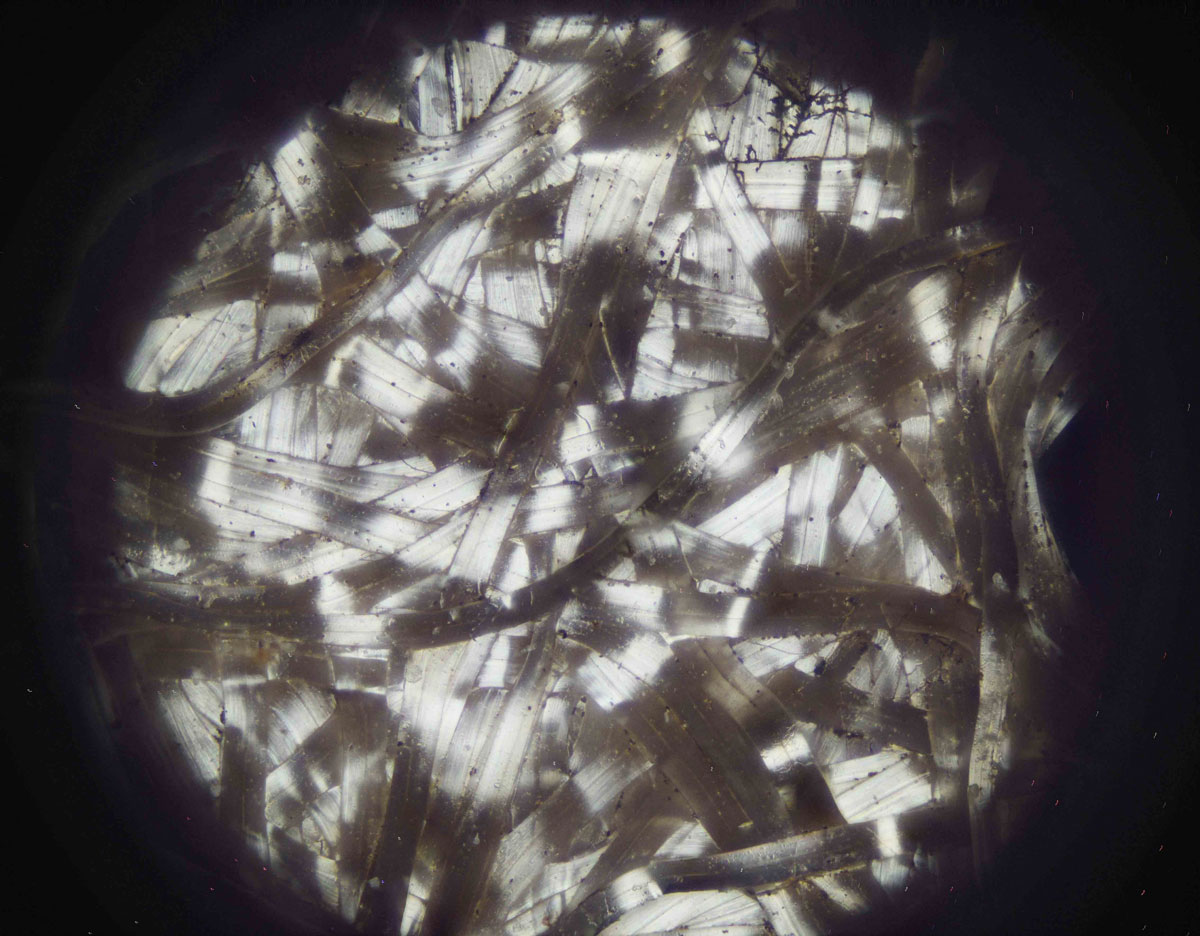18
May
Fibers produced by the caterpillars of a wild silk moth have outstanding cooling properties, as well as exceptional capabilities for transmitting light signals and images.
Read More
18
May
The President’s Global Innovation Fund will provide grants to four Earth Institute research projects. This year’s awardees focus on a wide array of topics, from water availability to colonial medicine and human rights.
Read More
17
May
Jeannette M. Wing, Avanessians Director of the Data Science Institute and Professor of Computer Science, has been appointed to a New York City task force that will develop a process for reviewing how the city uses automatic decision systems.
Read More
16
May
A forthcoming study of northern India suggests that people living in rural areas are as likely to die prematurely from the effects of poor air quality as those living in cities.
Read More
10
May
Computer scientists at Columbia Engineering have invented FontCode, a new way to embed hidden information in ordinary text by imperceptibly changing, or perturbing, the shapes of fonts in text.
Read More
07
May
Columbia scientists drilling deep into ancient rocks in the Arizona desert say they have documented a gradual shift in Earth’s orbit that repeats regularly every 405,000 years, playing a role in natural climate swings.
Read More
01
May
In a new study, Columbia scientists have discovered why the brain’s olfactory system is so remarkably consistent between individuals, even though the wiring of brain cells in this region differs greatly from person to person.
Read More







